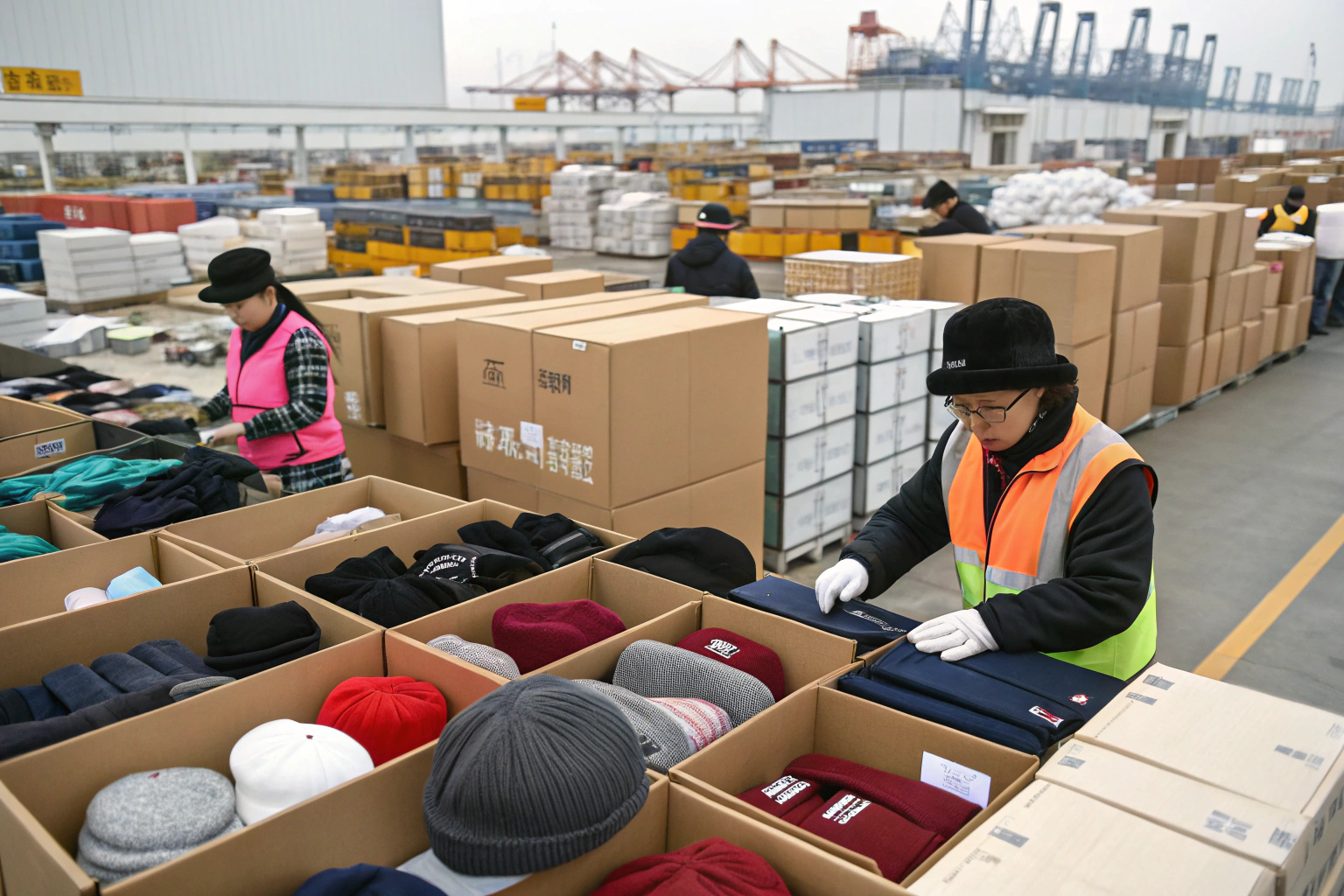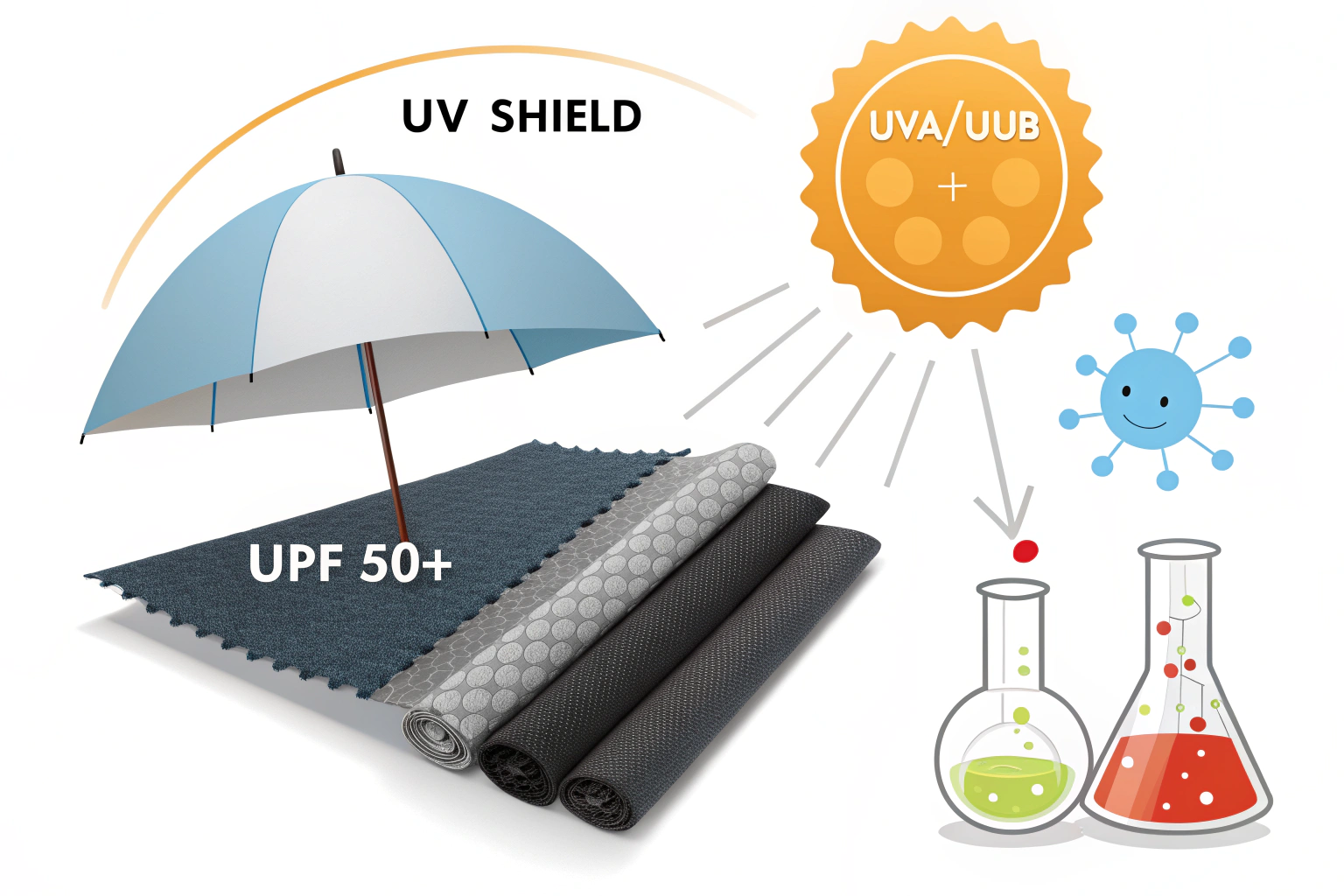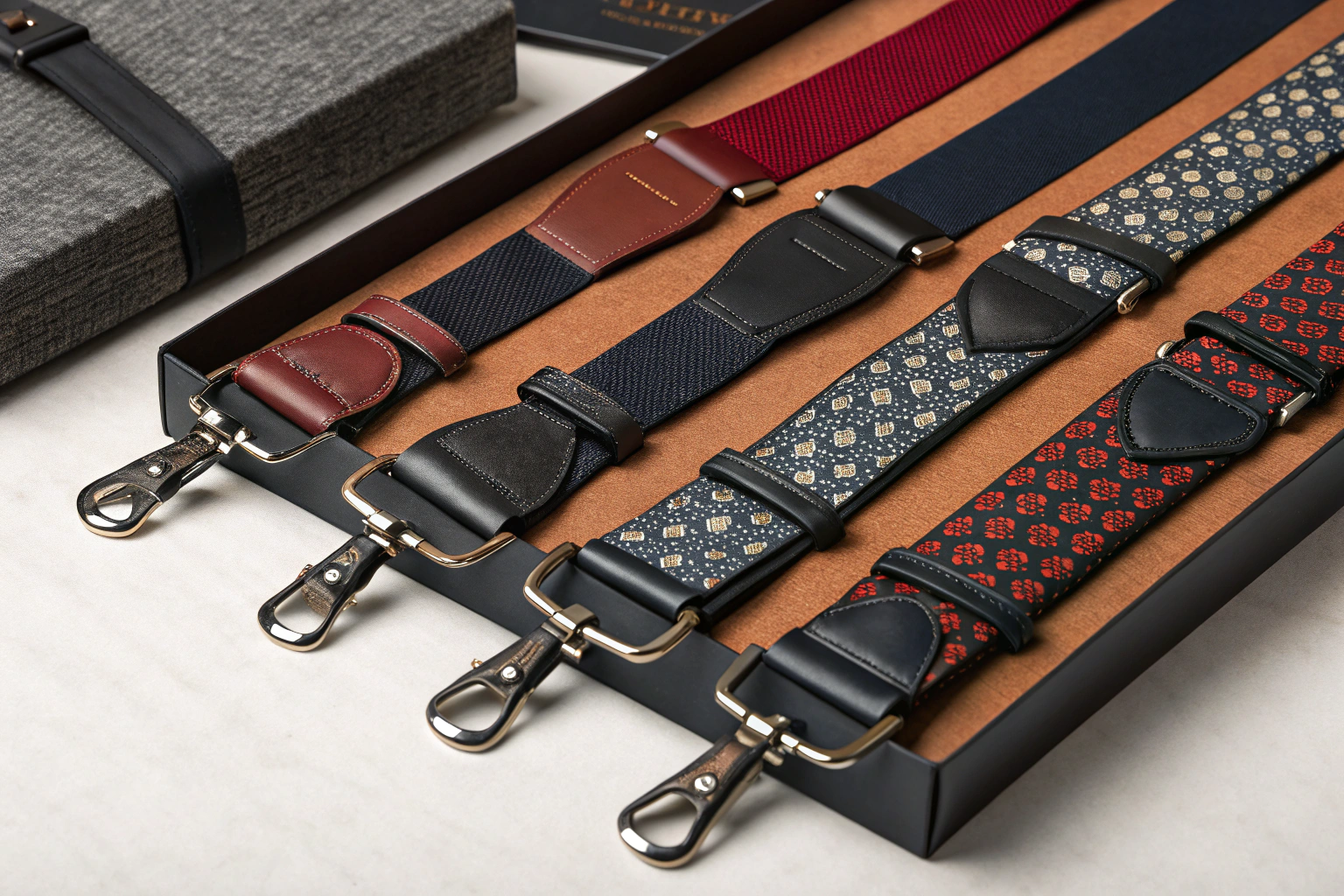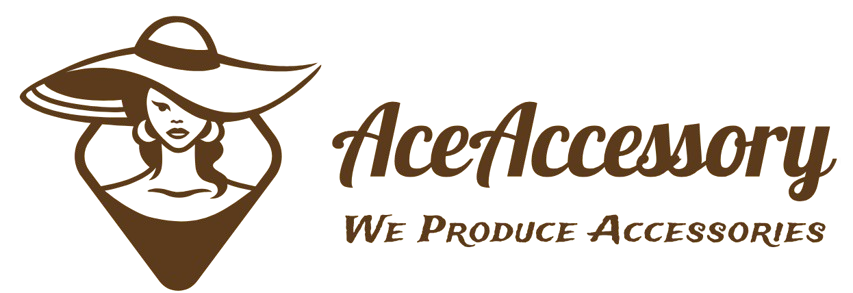When shipping accessories such as hats, scarves, belts, or umbrellas to Turkey, importers and exporters often face uncertainty. The regulations in Turkey are strict, and many buyers worry about unexpected tariffs, customs delays, or incomplete paperwork. These challenges can quickly turn an opportunity into a financial risk, while late deliveries may also harm the buyer’s reputation in retail markets.
Turkey applies high import duties and enforces strict customs procedures. Accessories shipped from China must have accurate documentation, correct HS codes, and clear compliance with Turkish law. Without these, shipments risk delays, penalties, or even seizure. For exporters, the key to success is preparation and professional handling of every step.
Exporting to Turkey is therefore not just about arranging transportation. It involves understanding customs law, preparing precise documentation, and cooperating with logistics experts who can navigate the system. In the following sections, I will walk through the critical points: duties and taxes, required documents, restricted goods, and practical strategies to ensure smooth shipping.
Customs Duties and Import Taxes in Turkey
Turkey has one of the toughest tax systems for imported consumer goods. Many importers, especially those in Europe and America, are surprised by the high costs. Accessories such as gloves, scarves, and bags are heavily taxed, which makes financial planning essential.
Turkey imposes a 60% customs duty on imports from non-EU countries like China, in addition to VAT and sometimes a Special Consumption Tax (SCT). Since the duty-free threshold is only 30 euros, nearly every shipment faces taxes. For exporters of accessories, this means there is no room for miscalculation.
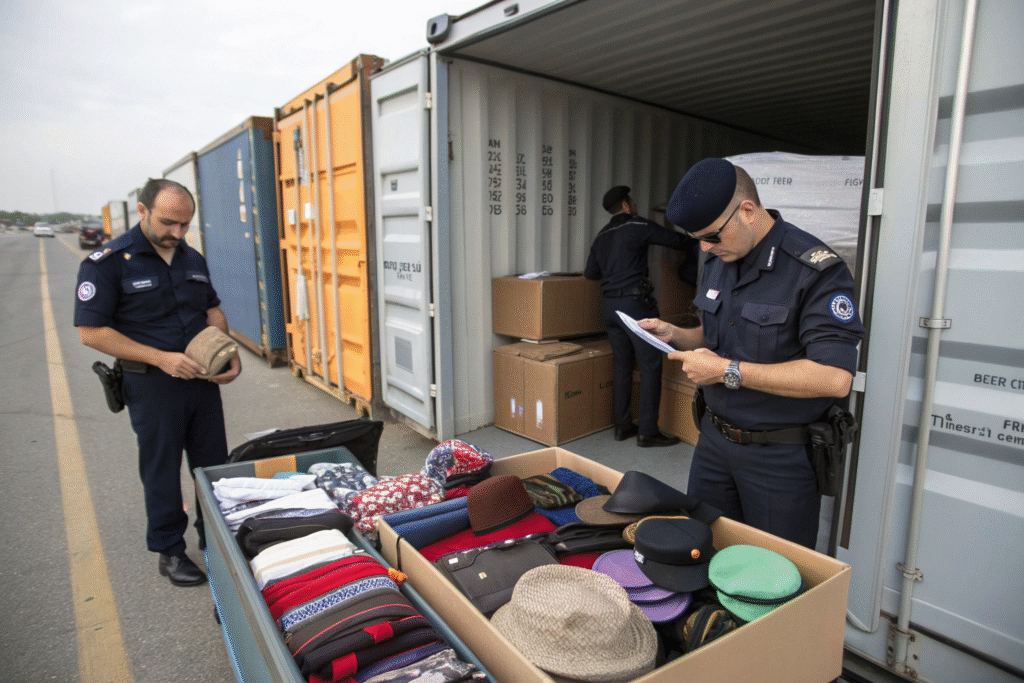
How high are the tariffs on accessories?
The exact duty rate depends on the HS code classification. For example, textile-based products like scarves and shawls generally face higher duties, while plastic or metal-based accessories may fall under different categories. Errors in HS coding often lead to unexpected surcharges. Exporters should verify codes with the Turkish Customs Tariff and the EU TARIC database.
Are there extra taxes besides customs duty?
Yes. Beyond customs duty, Turkey charges 20% VAT on the CIF value (cost, insurance, freight). Some luxury or fashion items may also fall under SCT, though not all accessories are included. To avoid mistakes, exporters should consult official resources like the Turkish Revenue Administration or work with freight specialists such as TX International Freight.
Required Documents for Exporting Accessories
Even if duties are calculated correctly, shipments can still be delayed if documents are incomplete. Turkish customs officers are known for detailed checks, so every page must be accurate and consistent.
The essential documents include the commercial invoice, packing list, bill of lading or airway bill, and certificate of origin. All must clearly list the HS code, product description, and declared value. Missing or vague information will cause delays at the border.
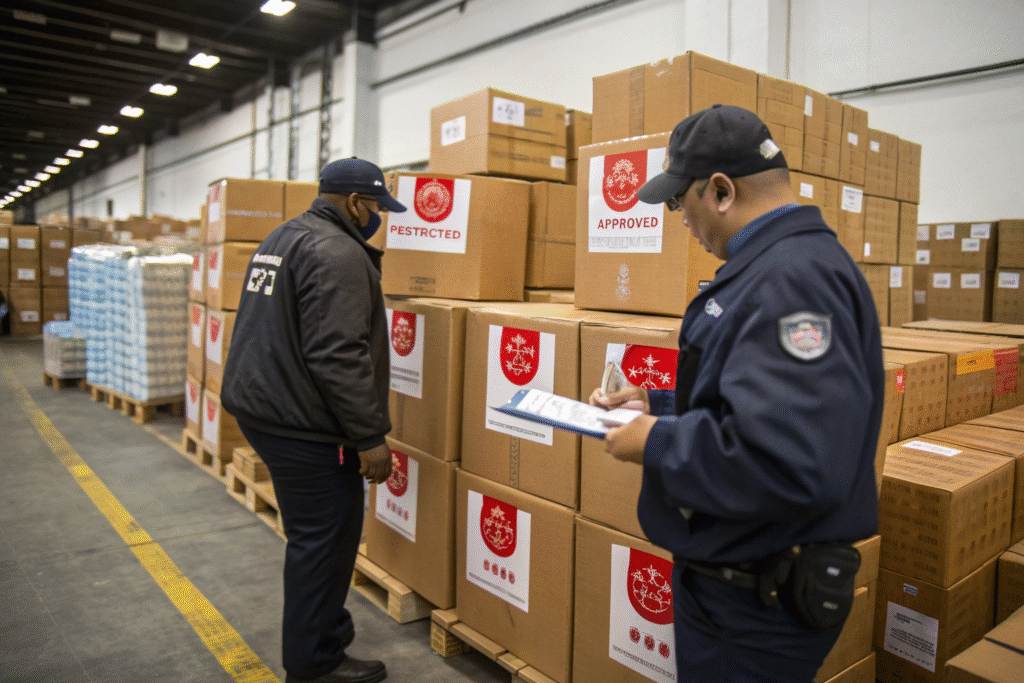
What documents are mandatory for Turkish customs?
Exporters should always prepare:
- Commercial Invoice with full product details and prices.
- Packing List outlining weights, dimensions, and package numbers.
- Bill of Lading or Airway Bill confirming shipment details.
- Certificate of Origin proving manufacturing location.
- Customs Declaration with correct HS codes.
For further guidance, exporters can consult the Istanbul Customs Authority or global trade platforms like the International Trade Centre.
Do accessories need additional certificates?
Yes, in certain cases. Accessories made from leather, metals, or textiles may require quality compliance documents or testing certificates. Textile products often must meet EU textile labeling standards. Buyers also request certifications such as OEKO-TEX Standard for safety. Third-party firms like SGS Turkey can help issue compliance certificates.
Restricted and Prohibited Imports
Not all goods are freely allowed into Turkey. While most fashion accessories are permitted, some materials and designs face strict controls. Exporters must be aware of prohibited or restricted categories before shipping.
Turkey strictly prohibits counterfeit or pirated goods, dangerous chemicals, and accessories made from endangered animal products. Genuine labeling and legal trademarks are required. Failing to comply can lead to confiscation or financial penalties.

Which accessories face restrictions?
Any accessory imitating a branded product without authorization is prohibited. Products using real fur or leather from protected animals may also be restricted under CITES rules. Exporters should verify requirements with the Turkish Ministry of Trade or cross-check with CITES guidelines.
How is intellectual property protected in Turkey?
Turkey actively enforces trademark protection at customs. Goods suspected of being counterfeit may be detained until brand ownership is confirmed. Companies can register their trademarks with the Turkish Patent and Trademark Office. To reduce risks, importers and exporters should review WIPO’s Turkey trademark overview and always work with certified factories.
Practical Tips for Smooth Shipping
Despite the complexity of customs duties, taxes, and compliance, successful exporters know that planning makes the process manageable. With the right strategies, shipments can pass through Turkish customs smoothly.
The most effective way to avoid problems is to partner with an experienced freight forwarder, provide buyers with clear cost expectations, and use accurate HS codes on all documents. This level of preparation builds trust and reduces delays.
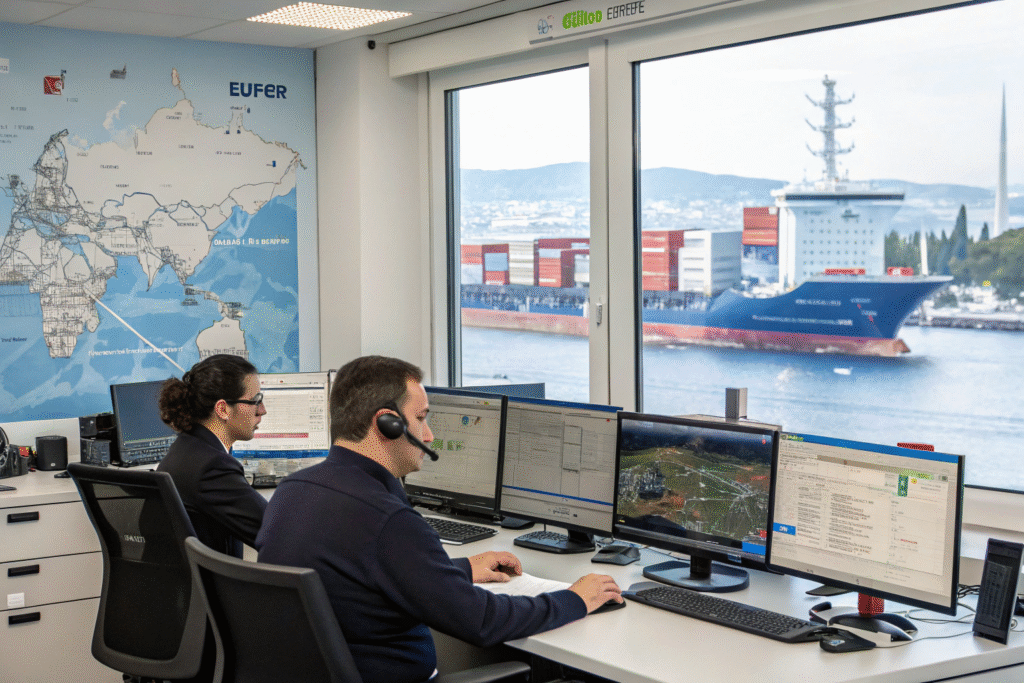
How to reduce shipping risks?
Freight companies such as DHL Global Forwarding and Kuehne+Nagel provide customs brokerage services and guide exporters through documentation. Exporters should also arrange insurance to cover goods during transport. Global standards from FIATA can help ensure proper logistics practices.
How to save on customs costs?
For small B2C orders, dividing shipments into packages worth less than 30 euros may reduce taxes. For large B2B shipments, choosing Incoterms like DDP (Delivered Duty Paid) can help importers control costs. Exporters may also benefit from Free Trade Zones in Turkey, which offer tax advantages. Consulting local experts such as Dimotrans Turkey is also advisable.
Conclusion
Shipping accessories to Turkey requires understanding taxes, preparing documents, and ensuring compliance with regulations. High import duties, strict customs reviews, and rules against counterfeit goods make preparation essential. Exporters who take these steps avoid delays, reduce costs, and build stronger trust with buyers.
At AceAccessory, we specialize in helping international clients manage these challenges. From production in our modern Zhejiang factory to customs clearance in Turkey, our design team, quality controllers, and project managers provide reliable service. If you want to develop your own accessory line with a trusted Chinese manufacturer, contact our Business Director Elaine at elaine@fumaoclothing.com. We are ready to support your business with speed, professionalism, and quality.

